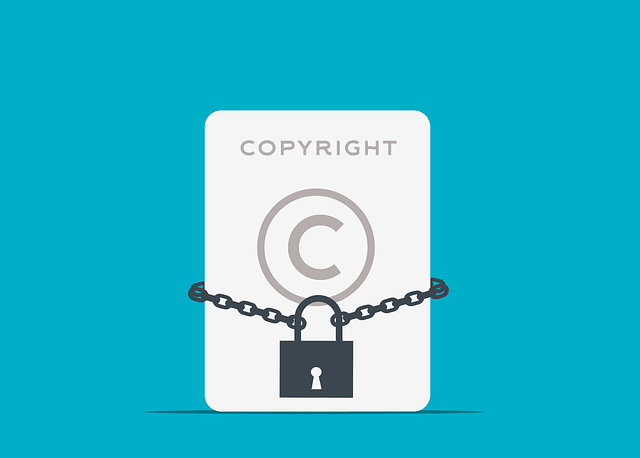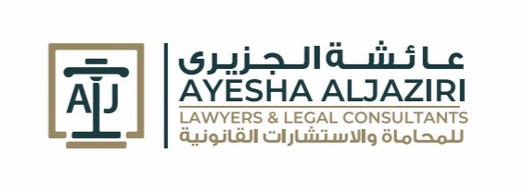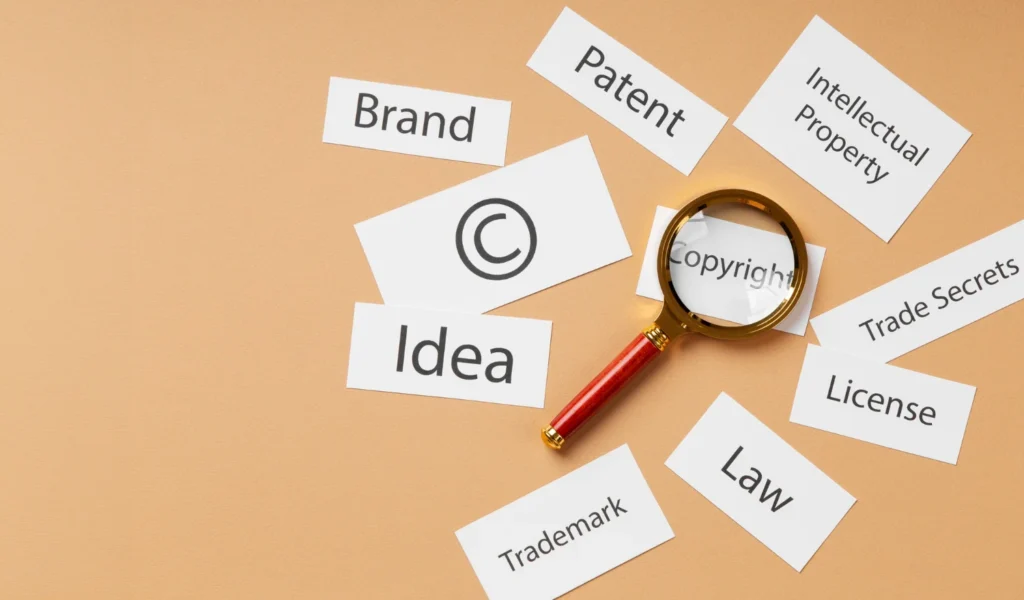In today’s fast-paced tech world, your ideas, code, platforms, and products are more than just innovations; they’re valuable assets.
Whether you’re launching a startup, licensing software, or partnering with a developer, protecting your intellectual property is crucial to staying competitive and avoiding costly disputes.
But how do you do that in the UAE’s legal and commercial environment? This guide explains what intellectual property is, how intellectual property rights are protected under UAE law, and the steps you should take during tech-related business deals.
What Is Intellectual Property?
Intellectual property (IP) refers to creations of the mind that have commercial value. This includes inventions, software, mobile apps, trade secrets, brand names, designs, written content, and even user interfaces.
IP is protected by law, giving creators and businesses exclusive rights to use, license, or sell their creations.
Understanding what is intellectual property is the first step in recognizing how vital it is to your tech business. In many cases, the real value of a startup lies not in physical assets, but in the proprietary code, systems, and processes it has developed.
Intellectual Property Protection and Consumer Trust
In tech businesses, protecting your intellectual property isn’t just about securing your own commercial interests; it also plays a crucial role in consumer protection.
When you safeguard your brand, software, content, or platform from imitation or unauthorized use, you’re also protecting end users from confusion, fraud, or misuse.
For example, counterfeit apps or cloned websites that closely resemble a legitimate brand can mislead consumers, putting their data, money, or privacy at risk.
If your IP is not registered or enforced, others can exploit your brand, damaging consumer confidence and exposing users to security vulnerabilities. For this reason, you must understand the consumer protection process.
Common IP Risks in UAE Tech Transactions
When entering a tech-related partnership, joint venture, or investment agreement, the risk of IP misuse is high if protections aren’t in place.
When entering into tech-related partnerships, investment agreements, or development contracts in the UAE, it’s easy to overlook how vulnerable your intellectual property may be. Without proper legal protections in place, you risk losing control of your most valuable assets.
Here are some of the most common threats to intellectual property rights in UAE tech transactions:
Unauthorized Use or Copying of Software
One of the most frequent IP violations occurs when a developer or third party uses your software or application without permission.
Whether it’s repurposing your code, replicating your platform, or selling your solution under a different name, unauthorized use can significantly damage your business and reputation.
Exposure of Source Code Without NDAs
Sharing sensitive technical details, such as source code or backend systems, without a legally binding non-disclosure agreement (NDA) opens the door to misuse.
Without this agreement in place, your ability to prove a breach or take legal action becomes limited, especially in cross-border deals.
IP Ownership Disputes with Co-Founders or Employees
In many startups, founders or employees contribute to building platforms, apps, or digital content. Without clearly defined contracts outlining intellectual property ownership, disputes can arise over who legally owns what.
In worst-case scenarios, former team members may attempt to license, sell, or register your creations as their own.
Misuse of Branding, UI/UX, or Digital Content
Your brand, logos, user interfaces, designs, and even your app’s layout are all part of your intellectual property.
If partners, freelancers, or collaborators are not restricted by contract, they may reuse your branding or creative elements elsewhere, confusing customers and diluting your brand value.
Lack of Clarity Over Jointly Developed Technology
When two or more parties collaborate on building a new technology or solution, ownership must be clearly defined in writing. If not, disputes may arise over licensing rights, profit-sharing, or who can register the intellectual property.
A vague or missing clause in your agreement can lead to serious legal complications later on. A solid intellectual property strategy helps prevent these issues from escalating into legal battles or financial loss.
Understanding Intellectual Property Law in the UAE
Intellectual property law in the UAE is based on a combination of federal legislation and international treaties. The country is a signatory to major IP conventions, such as the Paris Convention and the TRIPS Agreement, and has put in place laws covering:
Copyrights (Federal Law No. 38 of 2021)

Copyright protects original creative works such as software code, website content, databases, designs, written materials, and audiovisual content. Under Federal Law No. 38 of 2021, the creator holds exclusive rights to use, reproduce, and license their work.
In the tech world, this is especially important for developers, content creators, and digital agencies. Registering your copyright with the UAE Ministry of Economy strengthens your claim in case of disputes and allows for legal action against unauthorized use.
If you are struggling with this issue, we recommend hiring the best commercial lawyers in Dubai.
Trademarks (Federal Decree-Law No. 36 of 2021)
Trademarks protect brand elements like names, logos, symbols, slogans, and even distinctive sounds or colors that identify a business. Federal Decree-Law No. 36 of 2021 governs the registration and enforcement of trademarks in the UAE.
In tech deals, trademarks often cover app names, digital platforms, software branding, and product labels. Proper trademark registration ensures that competitors can’t legally copy or mimic your brand identity, especially in a growing market like the UAE.
Patents and Industrial Designs (Federal Law No. 11 of 2021)
Patents protect novel inventions, including new technologies, software algorithms, or unique systems that solve technical problems. Federal Law No. 11 of 2021 also extends protection to industrial designs, which cover the visual and functional design of products and devices.
For tech entrepreneurs and inventors, securing a patent provides exclusive rights to commercialize or license your invention for a set period. This law is particularly relevant in sectors like AI, fintech, healthtech, and robotics, where innovation drives market value.
Trade Secrets and Confidential Information
Trade secrets refer to confidential business information that provides a competitive edge, such as formulas, source code, marketing strategies, algorithms, or internal processes.
While there’s no specific registration system for trade secrets, they are legally protected under general intellectual property law and commercial regulations in the UAE.
To enforce protection, companies should implement strong internal policies, employee contracts, and NDAs. In the event of a breach, legal remedies are available, including claims for damages and court orders to prevent further disclosure.
The Ministry of Economy is the central authority for IP registration and enforcement. Protecting your intellectual property rights in tech deals begins with proper registration and documentation under these laws.
Steps to Protect Your Intellectual Property in UAE Tech Deals
If you are ready to protect the intellectual property in the tech deals, we are sharing the step-by-step guide.
1. Register Your IP Before You Share It
Whether it’s a trademark, a patentable invention, or source code, always register your IP with the relevant UAE authorities before discussing it in business meetings or pitch sessions. Registration strengthens your legal position and provides formal recognition of your ownership.
2. Use Confidentiality and Non-Disclosure Agreements
Before sharing sensitive information with a developer, investor, or partner, they are required to sign an NDA. This agreement legally obliges them to keep your intellectual property confidential and not use it for their own benefit.
A well-drafted NDA should define what information is considered confidential. In addition, it should set time limits for confidentiality and outline consequences for breaches. Your intellectual property lawyer can draft a custom NDA tailored to your business model.
3. Include IP Clauses in All Contracts
Whether you’re outsourcing app development, hiring a freelance developer, or entering a long-term tech partnership, every contract must clearly outline the terms related to intellectual property.
It should specify who owns the existing and future IP created during the collaboration, as this prevents any confusion or disputes later on.
The agreement must also detail how the IP can be used or licensed by each party, setting clear boundaries around its application. Restrictions on duplication, resale, or third-party use should be explicitly included to prevent unauthorized distribution.
If there’s any possibility of transferring IP rights, either during the partnership or upon termination, those terms should also be clearly defined in the contract. Without these clauses, your IP could be exposed to misuse, weakening your legal protection and business position.
Failing to include these clauses can result in confusion or disputes over who truly owns the developed technology.
4. Monitor and Enforce Your Rights
After registering your IP, you must actively monitor for infringement. If someone is using your product name, replicating your code, or copying your software, take swift action.
In the UAE, IP infringement can lead to civil lawsuits, damages, and even criminal penalties. Consult an intellectual property attorney to guide you through enforcement and resolution.
When to Hire an Intellectual Property Lawyer
You don’t need to wait for a dispute to hire an intellectual property lawyer. In fact, the best time to involve legal support is before any deal is made.
An experienced intellectual property attorney can register your IP with UAE authorities and draft and review NDAs, licensing, and partnership agreements. Also, they can advise on IP ownership in joint ventures & startups while representing you in disputes or infringement claims.
If you’re already facing issues, like someone using your brand or platform without consent, it’s essential to act fast. Intellectual property lawyers can help you file legal claims, cease and desist notices, and court petitions if needed.
Conclusion
Your ideas and innovations are the backbone of your tech business. But without proper protection, they’re vulnerable to misuse, theft, and exploitation. In the UAE, understanding and enforcing your intellectual property rights is not just smart, it’s essential.
For trusted legal advice and support, reach out to Ayesha Aljaziri Lawyers & Legal Consultants. Our team of skilled intellectual property lawyers offers expert guidance on registration, agreements, and dispute resolution.
You can contact us at +971 5594 83605 or email info@aljaziriadvocates.com to protect your business assets with confidence.








